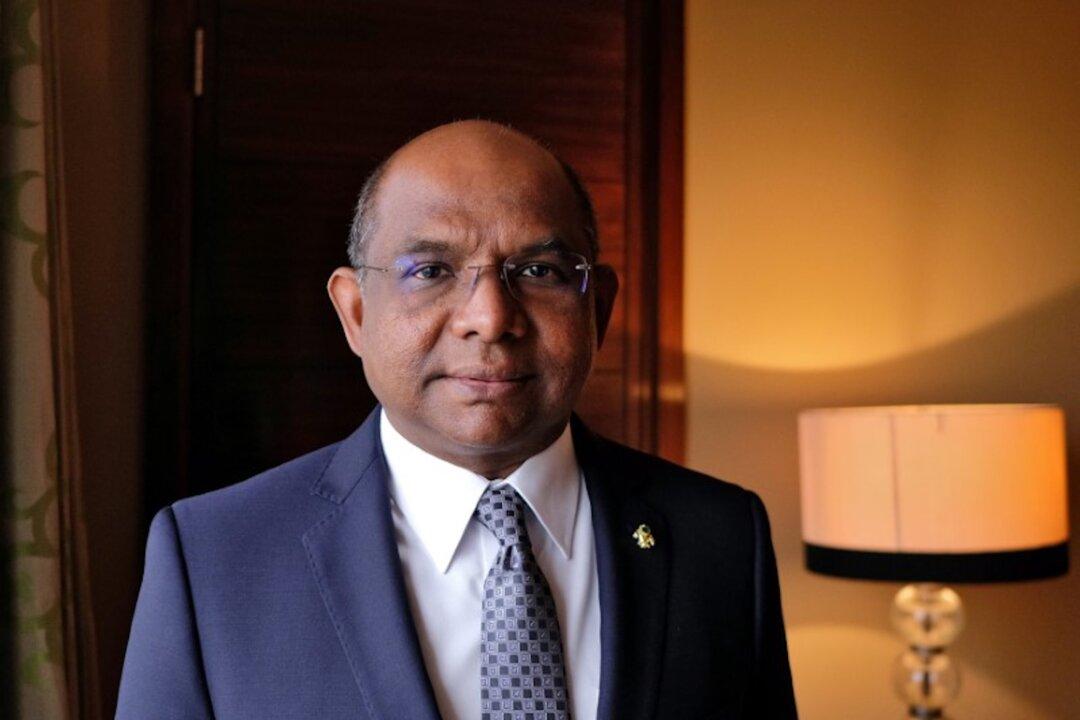NEW DELHI—A report on alleged Chinese corruption in the Maldives will be completed by June, the Maldives’ Foreign Minister Abdulla Shahid said on Jan. 16, as the current government investigates a surge of investments by China in recent years.
The tropical archipelago grew closer to Beijing under the rule of former president, Abdulla Yameen, with China funding an airport, bridge and social housing as part of its “One Belt, One Road” (OBOR, also known as Belt and Road) initiative.





